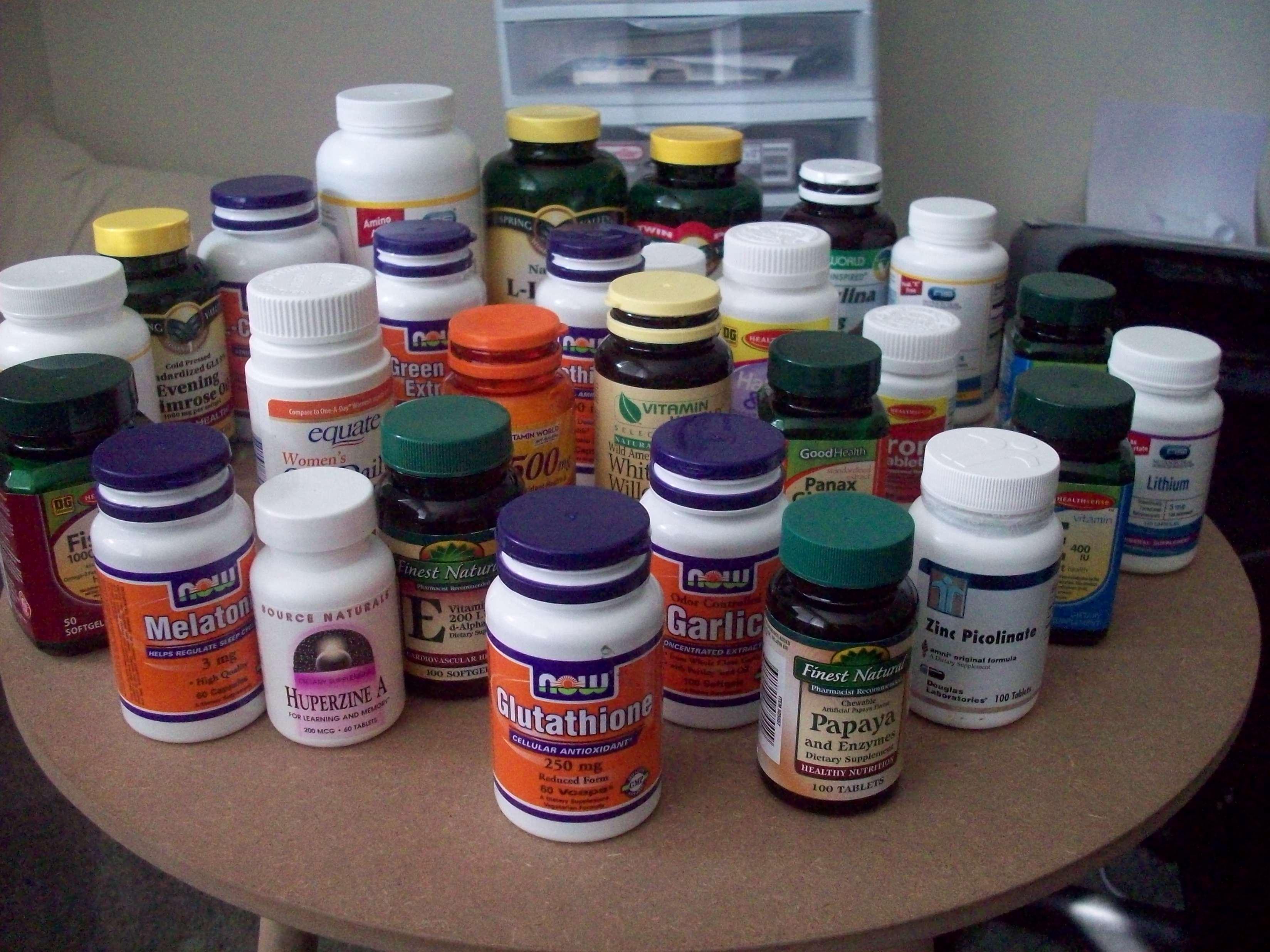In the modern age, where the pursuit of health and wellness often feels like navigating a labyrinth, the shelves of health stores and pharmacies present a dazzling array of supplements, each promising to be the missing piece in our quest for vitality. From vitamin D to omega-3s, these tiny capsules and tablets have become a staple in the daily routines of millions. But as we reach for these bottles of potential, a question lingers in the air: Are supplements truly necessary for a healthy lifestyle, or have they simply become the latest trend in our health-conscious culture? This article delves into the heart of this debate, exploring the science, benefits, and potential pitfalls of relying on supplements as a cornerstone of our well-being. Join us as we unravel the truth behind the supplement aisle, seeking clarity in a world where health advice is as varied as the colors of a rainbow.
Understanding the Role of Supplements in Modern Nutrition
In today’s fast-paced world, the quest for optimal health often leads many to consider the use of dietary supplements. These products, ranging from vitamins and minerals to herbal extracts and amino acids, are designed to fill potential nutritional gaps. While some argue they are essential for maintaining a balanced diet, others believe that a well-rounded diet can provide all necessary nutrients. It is important to note that supplements are not a substitute for whole foods, which offer a complex array of nutrients and health benefits.
There are certain situations where supplements can be particularly beneficial, such as:
- Dietary Restrictions: Individuals following vegan or vegetarian diets might need to supplement nutrients like vitamin B12, iron, or omega-3 fatty acids.
- Age-Related Needs: As we age, the body’s ability to absorb certain nutrients decreases, making supplements like vitamin D and calcium valuable for maintaining bone health.
- Specific Health Conditions: Those with certain health conditions may require supplements to manage deficiencies or support treatment, such as folic acid during pregnancy.
Ultimately, the decision to use supplements should be based on individual health needs and dietary habits, ideally under the guidance of a healthcare professional. Understanding their role in modern nutrition is crucial to making informed choices for a healthier lifestyle.

Evaluating the Evidence: What Science Says About Supplementation
Delving into the vast world of supplements, it’s essential to sift through the noise and focus on what the science truly says. Research reveals that while certain supplements can be beneficial, they are not a universal solution for everyone. For instance, Vitamin D and Omega-3 fatty acids have shown positive effects in individuals with specific deficiencies or dietary restrictions. However, for those maintaining a balanced diet rich in fruits, vegetables, and whole grains, the necessity of additional supplementation often diminishes.
- Individual Needs: Supplements can address unique health concerns, such as iron for anemia or calcium for bone health.
- Quality Matters: Not all supplements are created equal. The efficacy often depends on the formulation and bioavailability.
- Potential Risks: Over-supplementation can lead to adverse effects, emphasizing the importance of consulting healthcare professionals.
Ultimately, the decision to incorporate supplements should be personalized, considering one’s dietary habits, health conditions, and lifestyle choices. It’s a nuanced decision where science provides guidance, but individual needs take center stage.

Navigating the Aisles: Choosing the Right Supplements for Your Needs
When stepping into the world of supplements, the choices can be overwhelming. The key is to tailor your selection to your unique health needs and lifestyle. Start by evaluating your diet and identifying any potential nutrient gaps. Are you getting enough vitamins and minerals from your meals, or is there room for improvement? For instance, if you follow a vegetarian or vegan diet, you might consider B12 supplements, as this vitamin is primarily found in animal products.
- Multivitamins: A good starting point for those unsure about their nutrient intake.
- Omega-3 Fatty Acids: Essential for heart and brain health, especially if fish isn’t a regular part of your diet.
- Probiotics: Consider these for gut health, particularly if you’ve recently taken antibiotics.
Remember, supplements are just that—supplements. They should complement, not replace, a balanced diet. Always consult with a healthcare professional before adding new supplements to your regimen, ensuring they align with your specific health goals and conditions.

Balancing Act: Integrating Supplements into a Holistic Health Approach
In the quest for optimal health, the use of supplements often becomes a topic of debate. While some individuals swear by their daily multivitamin or specific nutrient boost, others believe that a well-rounded diet should suffice. Integrating supplements into a holistic health approach requires a delicate balance, ensuring they complement rather than replace other health strategies. A comprehensive approach to wellness considers not just supplements but also other vital components such as nutrition, exercise, and mental well-being.
To effectively incorporate supplements, consider these key points:
- Consultation with a healthcare professional: Before adding any supplement, it is crucial to seek advice from a medical expert to tailor choices to your specific needs.
- Quality over quantity: Not all supplements are created equal. Opt for high-quality, well-researched products to ensure efficacy and safety.
- Synergy with diet: Supplements should enhance your dietary intake, not substitute for nutrient-rich foods. Aim for a diet rich in fruits, vegetables, lean proteins, and whole grains.
- Mindful consumption: Pay attention to how your body responds to supplements and adjust as necessary. Monitor for any adverse reactions or interactions with medications.
In essence, supplements can be a valuable addition to a holistic lifestyle when chosen wisely and used in conjunction with a balanced diet and other health-promoting practices.
Concluding Remarks
In the grand tapestry of health and wellness, supplements can be seen as vibrant threads, weaving their way through the narrative of modern living. Yet, whether they serve as essential stitches or mere embellishments remains a question best answered by individual needs and circumstances. As we close this exploration into the world of dietary supplements, it is clear that the path to a healthy lifestyle is not a one-size-fits-all journey. It requires a mindful balance of nutrition, exercise, and perhaps, a touch of supplementation where needed. Ultimately, the decision to incorporate supplements should be guided by informed choices, professional advice, and a deep understanding of one’s own body. As you navigate your personal wellness journey, may you find the right balance that resonates with your unique tapestry of life.
